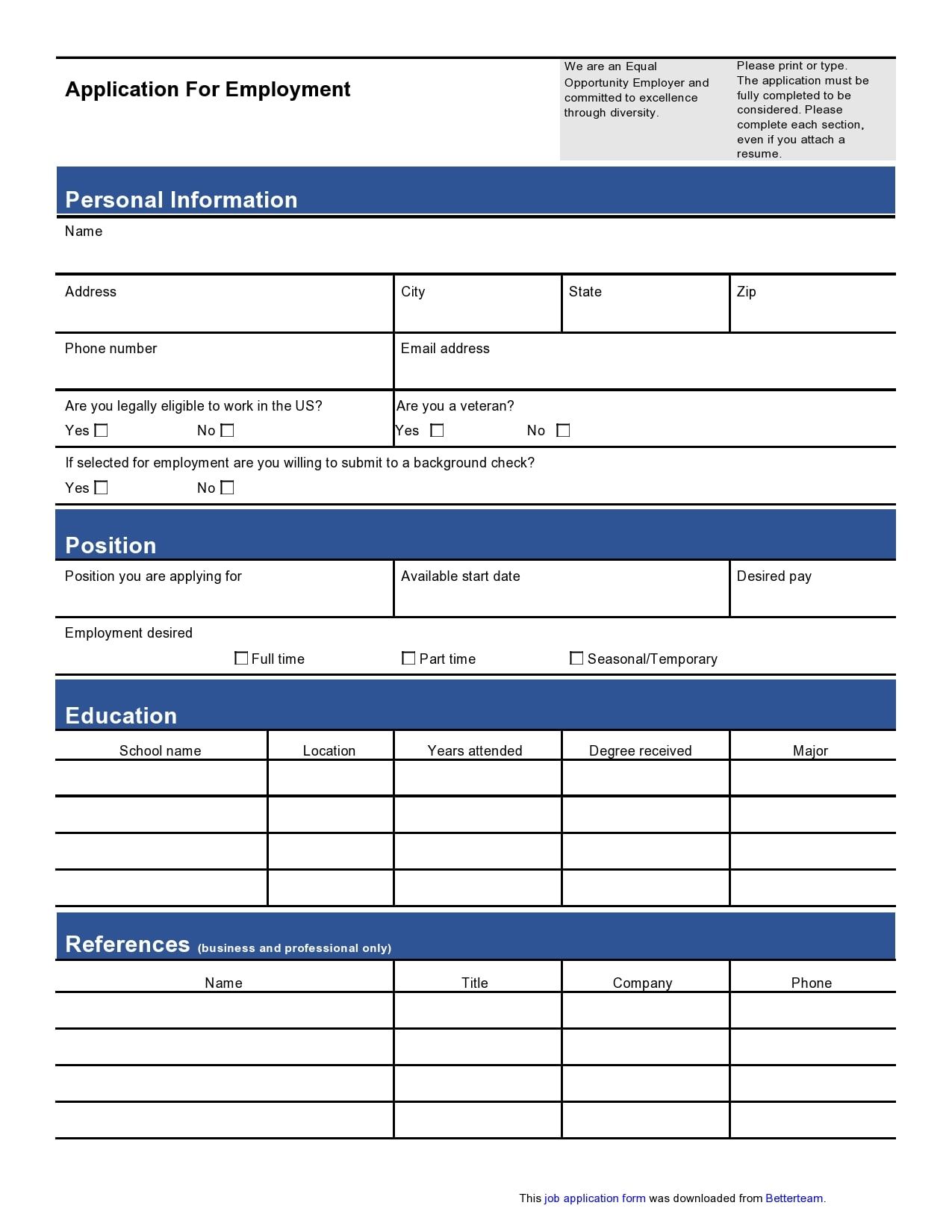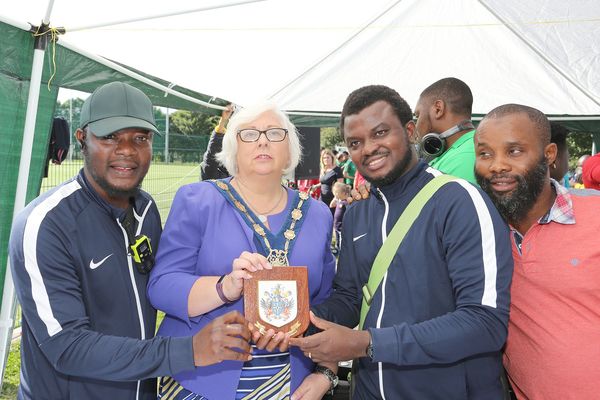THE more we see and hear it, the more we should talk about it so that one day it will be a minority pursuit. There is institutional racism in multiple sectors of the economy in the North. It is actually embarrassing to stop talking about it for fear of being labelled ‘chip on your shoulder’ or nonsense like that.
In many surroundings in the North, it is one of the most uncomfortable topics because people are afraid of being called out using that dreaded 'r' letter. In the recruitment sector, there's tonnes of institutional racism because there are no effective legal mechanisms to finish it. The law may address direct discrimination, yes, but an indirect colour bar exists and the offender often does not even know that they are indirectly offending. If they know, then the law protects their every move.
Then there are the dilemmas of perception, witness cooperation and power of the offenders, for example. Some companies are big offenders right in your face and they have no apologies to make about that. They swim in their power, they don't even know this, but if they do and there is nothing one can do. So this is where the problem lies. A recruiter is puffed up with a sense of superiority. The darker you are the worse the rot of racial offence. Some potential employers may want to recruit you but when they see your colour, that is a no. You can be the most decorated fellow in whatever industry but if you are black, go away. This problem is affecting hundreds, maybe thousands, of black people here in the North.
Many have given up. Many say that they feel demoralised, devalued, dejected and – wait for this – defrauded by the racism denial machine. One may wonder where these claims are coming from. These are scientific claims out of qualitative feedback that many black people here have given in their conversations. Most would rather be anonymous. If it ain't broke, they say, don't fix it. There is a different school of thought, though: fix it at the earliest opportunity possible. So rather than making cheesy wee stories about racial experiences, do something – speak about it and change things. These discriminations could be impacting lives for longer than one might care to think about.
The surest way of dealing with it is to continue every day in your space deconstructing racist language, stereotypes, defensive positions such as, ‘No, we did not really mean that, we take a different view from no blacks, no dogs, no Irish. We won't have it on paper. You are one of us but we must remind you that you are on your own.’ You should try and put yourselves in the shoes of a black woman or man because many here in the North are complaining about shocking experiences.
So, looking forward into 2023, this is the truth about what the majority of black people in the North feel. Some say things have to move a bit faster than England in the 1950s on the issue of swift integration.








